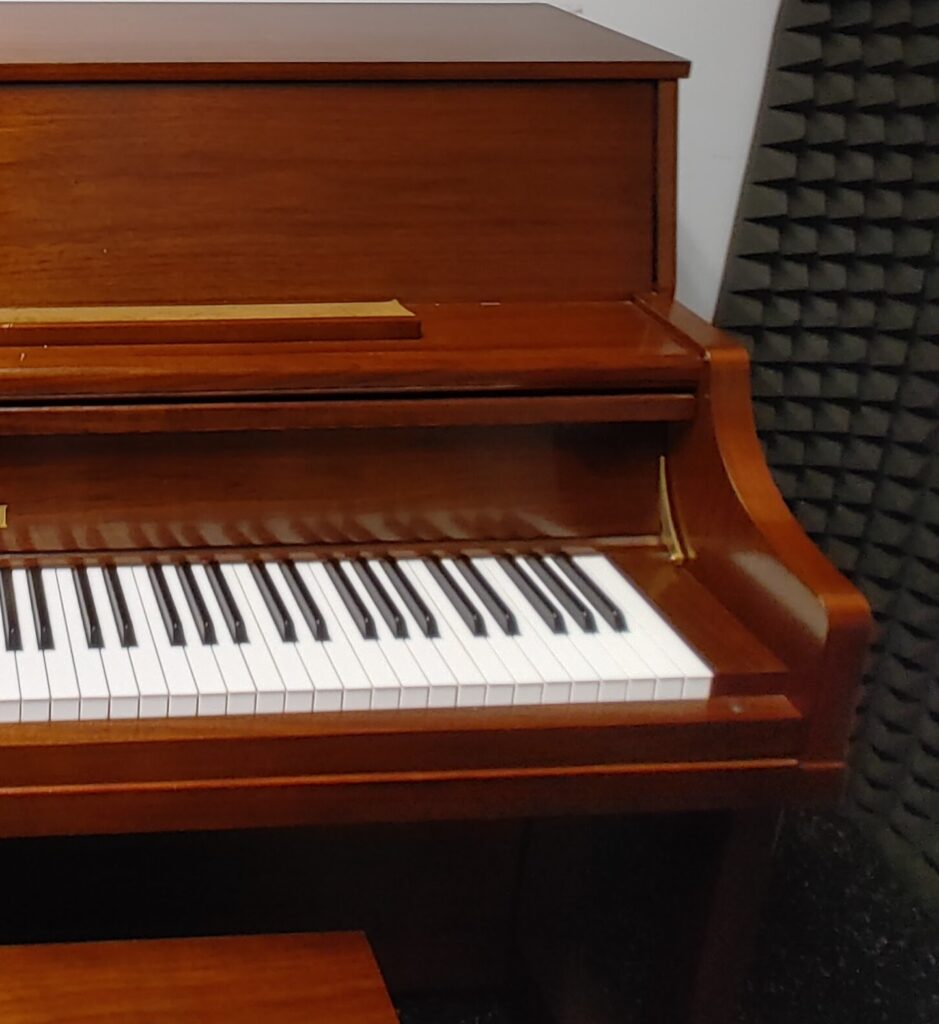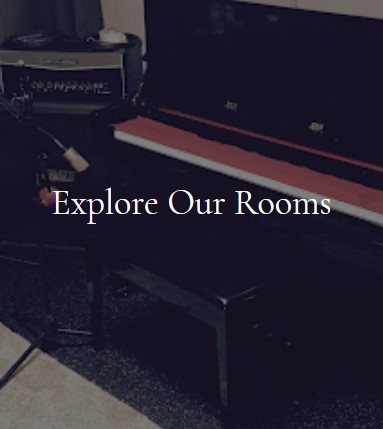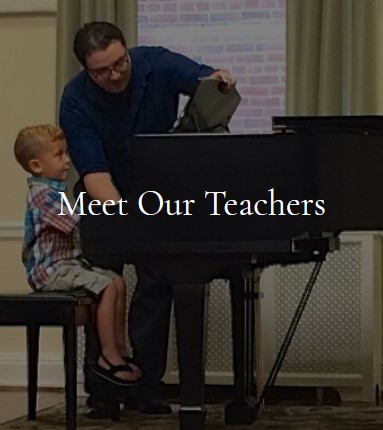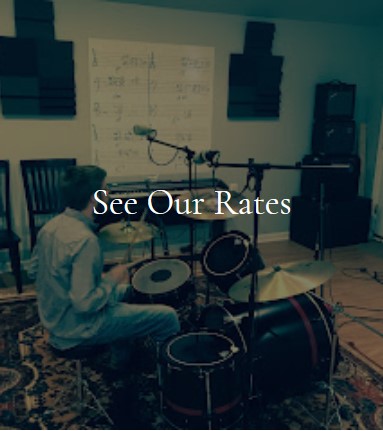
Music Theory Course
We Are a School of Passionate Teachers and Musicians
See how we translate that passion into learning with our Online Theory

Learn online and at your own pace!
Packed with hours and hours of lessons and quizzes aimed at enhancing your Music Theory expertise.
About The Courses
Resonance School offers a comprehensive music education program that mimics a college course of study. This course is designed to make the student musically literate by examining the language of music and setting it in a historical context.
Students take courses in Music Theory, Composition, and Music History alongside their weekly lessons, designed to follow the structure of top music schools. The program is perfect for those interested in pursuing a career in music and offers extensive education on music theory, techniques, and applying them to each student’s instrument of study.
The online theory classes provide a top-tier training in music theory, history, and composition for instrumentalists and vocalists seeking a professional career in the arts. There’s no time limit to complete the program, and each course is taught by a faculty member. Private help is also available through LIVE video conference with our in-house music theorist.
Beginner
Students learn the Notes on a Staff, the different Clefs, Intervals, Time Signatures, Scales, Melodic Lines, Key Signatures, Chords and Inversions. We then outline the lessons on a historical time line, leading up to 1750. Throughout the class there will be speed tests to evaluate the retention of the lessons.
Students must pass at a 90% rate in order to continue into Intermediate Theory
Intermediate
Students will learn 7th Chords, 4-part chorale analysis, Secondary Dominants, and Modulations to Closely Related Keys, the use of Chromaticism and more difficult Rhythm and Meter. History lessons will parallel the class going from 1750 to 1890.
Students must pass at a 90% rate in order to continue into Advanced Theory
Advanced
Students will learn the different Church Modes, other Common Scales, how to read an Orchestral Score, the world of Atonality, and other Extended Techniques. They will then learn history from 1890 until the present time with speed tests throughout.



